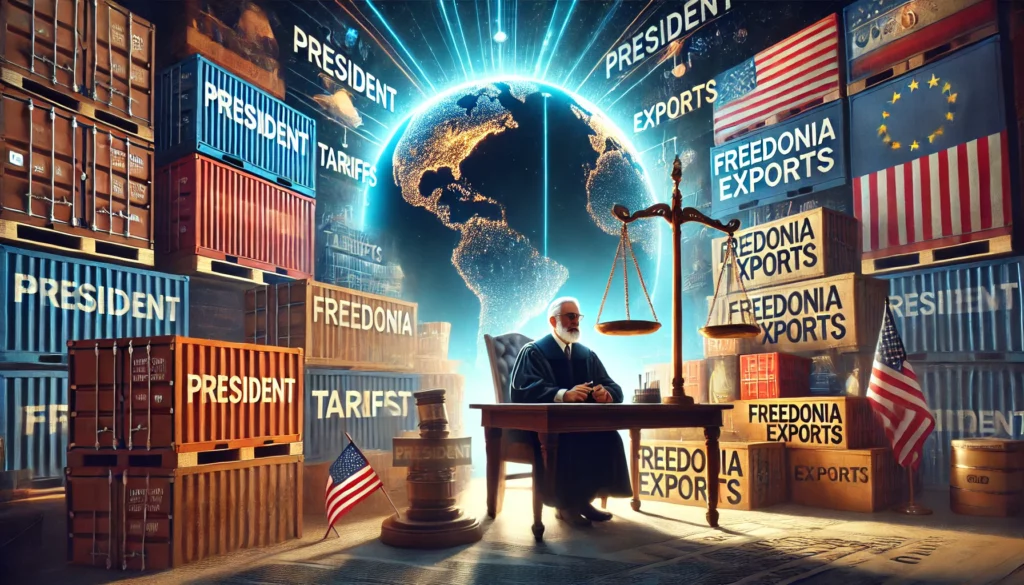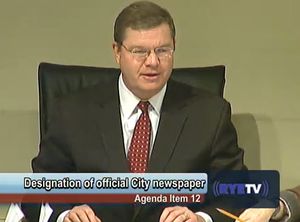Holding Court: Tariffs – Sez Who?

Holding Court is a series by retired Rye City Court Judge Joe Latwin. Latwin retired from the court in December 2022 after thirteen years of service to the City.
What topics do you want addressed by Judge Latwin? Tell us.
By Joe Latwin
Can President Trump impose a tariff? A tariff is a tax imposed by one country on the goods and services imported from another country.
Article 1 of the U.S. Constitution establishes the Legislative branch of the government and grants it certain powers. Among those powers, set forth in Section 8 is the “Power To lay and collect Taxes, Duties, Imposts and Excises . . .” Duties are tariffs. So, it is the Congress that has the power to impose tariffs.
Article 2 establishes the executive branch, led by the President. Section 2 grants the President authority to negotiate treaties with foreign nations, subject to Senate ratification. The President has the power to negotiate tariff agreements with foreign nations, but any treaty must be ratified by the Senate. If you recall, President Obama entered the Paris Climate Accords and did not submit them to the Senate for ratification claiming it was an agreement, not a treaty, therefore no ratification was required. Since there was no enforcement mechanism to compel adherence with the agreement, nothing more was required. Likewise, tariffs are self-enforced. They are collected when goods enter the country by the receiving country.
President Trump can negotiate an agreement fixing tariffs, but he has no authority to fix them by law or collect them unless Congress takes action by either ratifying a treaty or imposing a tariff by law. If the resident imposes a tariff on goods from Freedonia, can Margaret DuMont seek to recover them?






